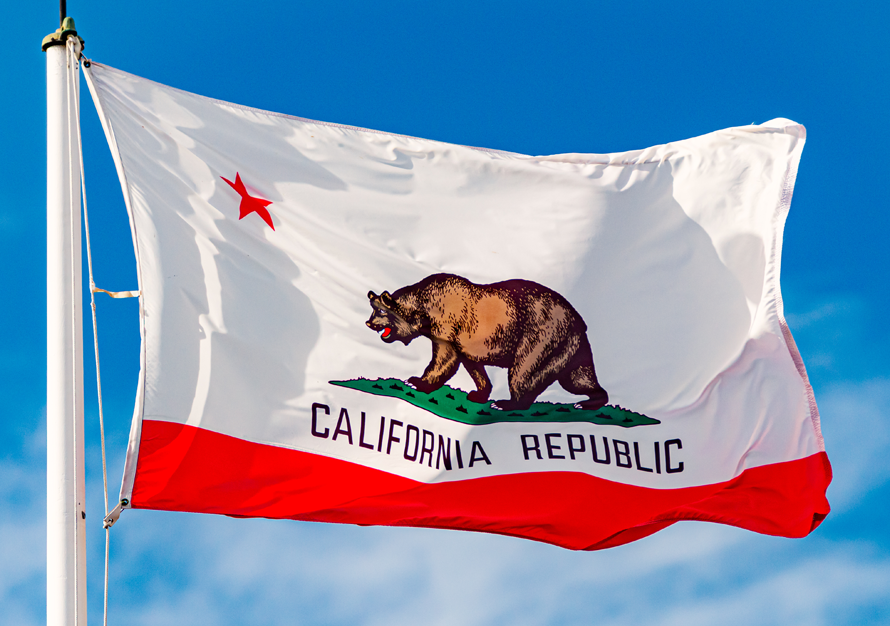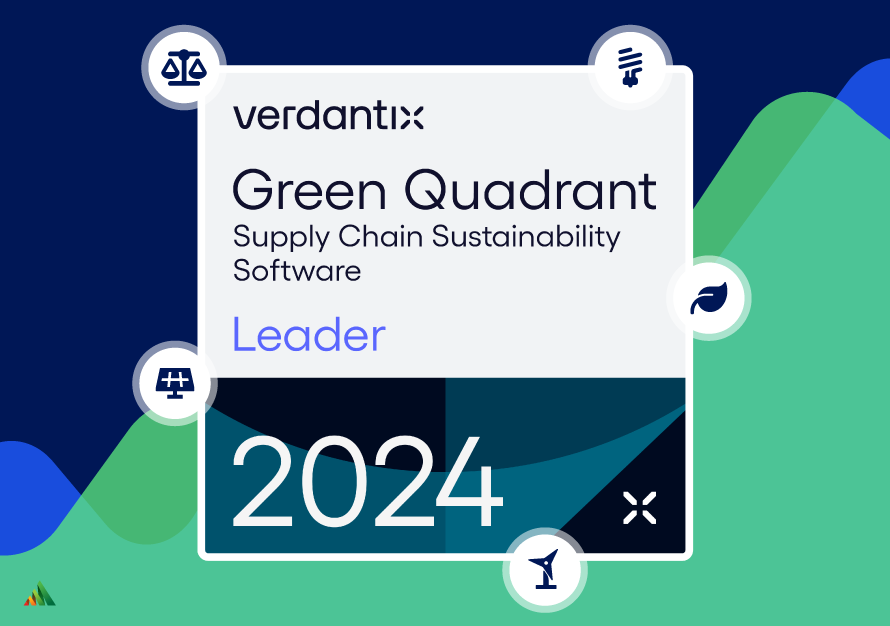A clean supply chain follows best practices for environmentally friendly production and human-rights-conscious labor practices. There is an ever-present threat that your supply chain will become sullied, perhaps even through no fault of your own. With so many suppliers contributing to the process, any one of them along the way could get caught up in messy behavior.
Examples of situations that contribute to dirty supply chains are:
- The use of conflict minerals and materials
- Incorporating banished chemicals
- Unethical chemical and waste dumping
- Unmet ingredient requirements
- Unhealthy food ingredients
- Unsustainable agriculture practices
- Extortionate pricing
- Bribery
- Forced child labor
- Human trafficked labor
- Unfair working hours and wages
- Unsafe and unhygienic facilities
- Environmental hazards (noise, temperature, air quality, ergonomics, etc.)
While you may not feel complacent about these issues, you need to realize you’re only as compliant as your contractors. These issues can touch any point in your supply chain without you even knowing it. That is unless you do the work to uncover potential problems and qualify every supplier along the way.
Why You Need a Clean Supply Chain
In the past, industries and their customers often prioritized quality and price over environmental issues and natural rights. Recent years have shown these priorities are shifting. Governments are passing legislation, industries desire to be more responsible, and customers demand accountability.
Below are five industries that must ensure a clean supply chain with some examples of what can make them dirty. Plus, we’ve included a few tips on how to clean up your supply chain beyond maintaining legal compliance with the U.S. Fair Labor Standards Act (FLSA).
1. Chemical
In a sector where careful handling of chemicals is supposed to be non-negotiable, the truth is there is room for improvement here. The industry deals with a patchwork of regulations, contracts, and complexities that are ever-evolving. This means remaining constantly compliant can be tricky.
Some things chemical companies (or their contractors) have been guilty of include:
- Releasing toxic chemicals in wastewater discharges
- Discarding and acting to undercut scientific studies on carcinogens
- Poisoning employees (toxic neuropathy)
To clean up your chemical industry supply chain:
- Strictly follow and enforce compliance to chemical and cleanup requirements.
- Consider adopting green chemistry where possible.
- Implement industrial hygiene, including putting limits on toxin exposure of employees
- Use Avetta’s chemical compliant and regulation monitoring service.
2. Food and Beverage
There is a lot of pressure to meet growing customer demands of the food and beverages they purchase. At the same time, the food and beverage industry deals with a mixture of different ideas, standards, and practices that make it time-consuming to secure compliance across all suppliers.
The food and beverage industry’s supply chains have suffered bad press regarding:
- Tampering with food and its packaging labels
- Environmentally harmful agricultural practices
- The safety and security of workers and worksites
These issues can be cleaned up with:
- The application of NQA and ISO 22000 standards
- Honest representation of ingredients on packaging
- On-the-ground verification of sustainable agricultural practices
- Avetta’s process of supplier vetting, which ensures everyone meets your same values
3. Entertainment
Not many people understand the risks associated with working in the entertainment industry. However, occupational hazards are surprisingly common, and they can have damaging consequences like liability exposure and poor public image.
The entertainment industry’s supply chain is most at risk from:
- Executive initiatives that undermine safety and environmental standards
- Child labor rule violations
- Unqualified workers of third-party vendors used for concerts, movies, and other large events
To clean up the problems, there must be:
- A consistent adherence to the U.S. Department of Labor’s strict Entertainment Industry Employment regulations or other regional and national laws
- An investment into building a safe and robust company culture
- Access to Avetta’s roster of entertainment industry professionals who are verified to meet standards and expectations
4. Transport and Logistics
The competition demands a quick pace in the transport and logistics industry. Transportation already has built-in risks. However, when your workers are pushed to do more in less time, it opens the opportunity for accidents, operational disruption, and a poor reputation.
The supply chain of transport and logistics can get dirty quickly with:
- Unfair labor practices and pay (modern-day slavery)
- Unrealistic expectations that turn into unsafe workplace situations
- Antiquated solutions that no longer work
Fortunately, there are solutions to these problems, like:
- Review the DOT Federal Register of publications regarding rules and proposed rules.
- Market a “no harm goal” company campaign.
- Place skilled contracts in their proper roles.
- Take a proactive approach to your supply chain risk with Avetta’s transportation and logistics management platform.
5. Energy and Utilities
In the energy and utility industry, the supply chain is so complex that hidden safety issues often go unnoticed until they result in rushed decisions and costly fixes down the line. Not knowing the steps for supply chain sustainability is also an issue, as is a lack of transparency. All these factors make it harder to have a clean supply chain.
Some of the “dirty” problems that come with hidden risks are:
- Old business models that rely on bribes
- Resisting change with dark money (undisclosed political spending that influences voters)
- Abandoning promised investments into greener energy
To get a cleaner supply chain, you should:
- Adhere to OSHA’s Electric Power Generation, Transmission, and Distribution Industry standards and stay updated on the energy and utilities industry hazards and newly published IEEE standards.
- Identify risks early.
- Maximize resources to focus on core needs.
- Prioritize transparency for clients and consumers.
- Let Avetta’s data analytics better predict risks before they become significant problems.
Avetta Helps Your Industry Achieve a Clean Supply Chain
Avetta’s unified solution helps your industry navigate its unique compliance landscape. By using our network of over 100,000 vetted and qualified suppliers, you’ll be able to avoid failed audits, expensive fines, and a tarnished reputation.
Any one of these consequences can mean the eventual downfall of your organization. Don’t disregard troubling signs or feel confident thinking you’re not liable—you are. In today’s world, you can no longer claim ignorance. No matter what happens anywhere along your supply chain, it will lead back to you.









